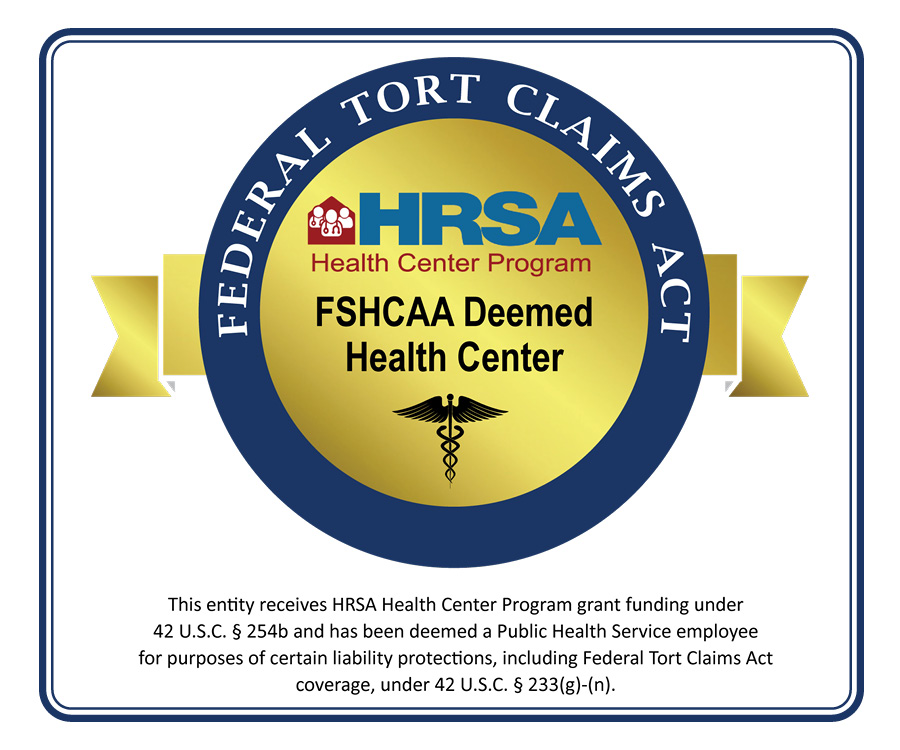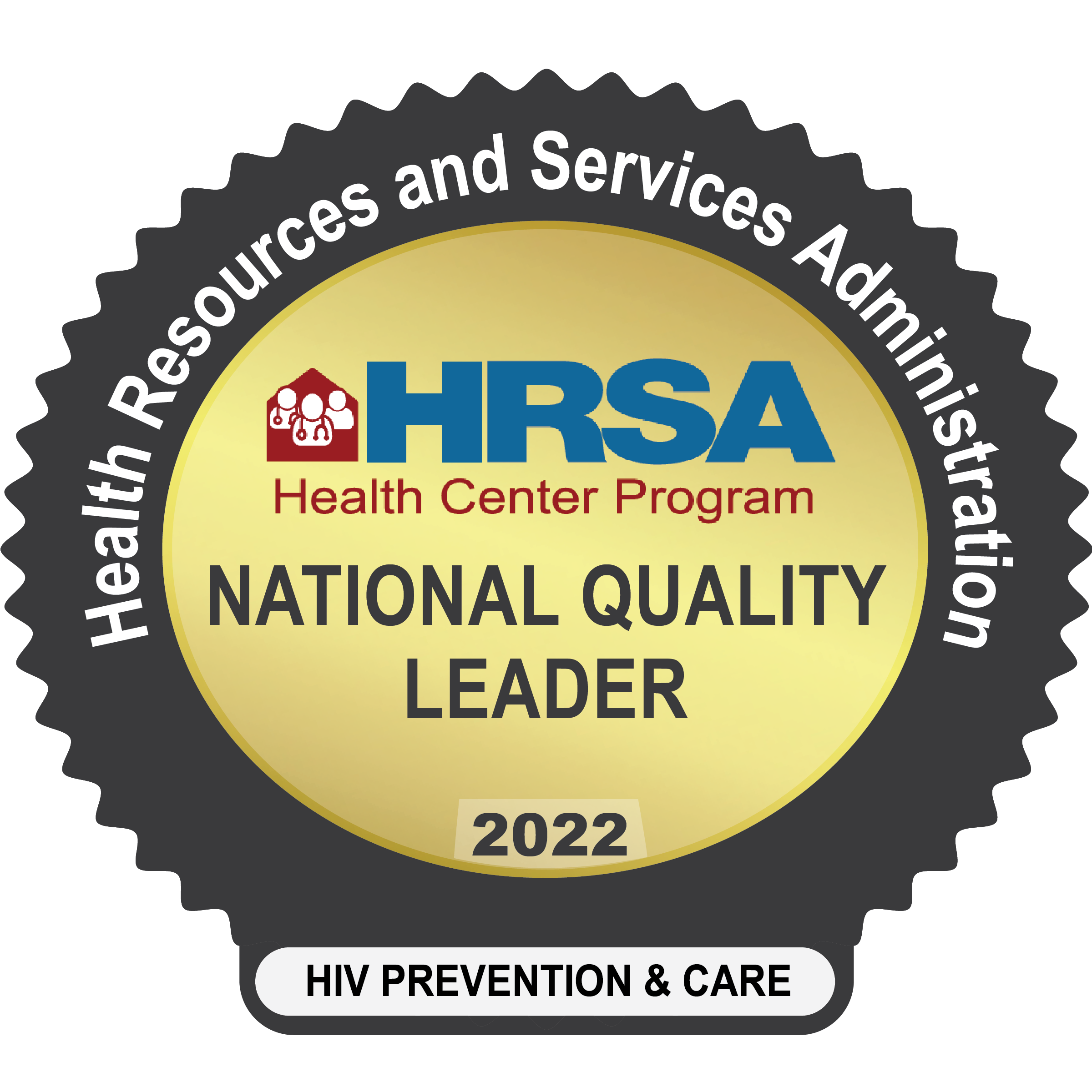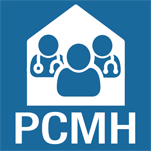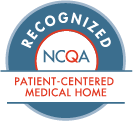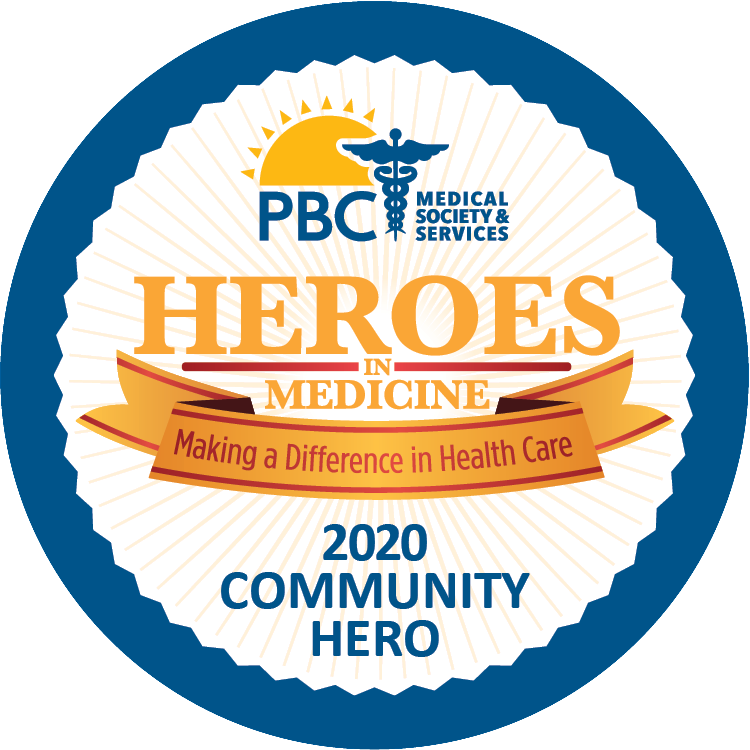We all know that smoking is bad for us. In fact, it impacts nearly every organ in the body.
According to the CDC, cigarette smoking is the leading preventable cause of death in the United States.
-
Cigarette smoking causes more than 480,000 deaths each year in the United States.
-
Smoking causes more deaths each year than HIV, illegal drug use, alcohol use, motor vehicle injuries and firearm-related incidents combined.
-
More than 10 times as many US citizens have died prematurely from cigarette smoking than have died in all the wars fought by the United States during its history.
-
Smoking causes about 90% of all lung cancer deaths in men and women. More women die from lung cancer each year than from breast cancer.
Smokers are more likely than nonsmokers to develop heart disease, stroke, and lung cancer. Smokers are at greater risk for diseases that affect the heart and blood vessels (cardiovascular disease). Even people who smoke fewer than five cigarettes a day can have early signs of cardiovascular disease. Smoking damages blood vessels and can make them thicken and grow narrower. This makes your heart beat faster and your blood pressure go up. Clots can also form.
Smoking can cause lung disease by damaging your airways and the small air sacs (alveoli) found in your lungs.
-
Lung diseases caused by smoking include COPD, which includes emphysema and chronic bronchitis.
-
Cigarette smoking causes most cases of lung cancer.
-
If you have asthma, tobacco smoke can trigger an attack or make an attack worse.
Smoking can cause cancer almost anywhere in your body:
-
Bladder
-
Blood (acute myeloid leukemia)
-
Cervix
-
Colon and rectum (colorectal)
-
Esophagus
-
Kidney and ureter
-
Larynx
-
Liver
-
Oropharynx (includes parts of the throat, tongue, soft palate, and the tonsils)
-
Pancreas
-
Stomach
-
Trachea, bronchus, and lung
Smoking also increases the risk of dying from cancer and other diseases in cancer patients and survivors.
Smoking harms nearly every organ of the body and affects a person’s overall health.
-
Smoking can make it harder for a woman to become pregnant and can affect her baby's health before and after birth. Smoking increases risks for:
-
Preterm (early) delivery
-
Stillbirth (death of the baby before birth)
-
Low birth weight
-
Sudden infant death syndrome (SIDS or crib death)
-
Ectopic pregnancy
-
Orofacial clefts in infants
-
-
Smoking can also affect men's sperm, which can reduce fertility and also increase risks for birth defects and miscarriage.
-
Smoking can affect bone health.
-
Women past childbearing years who smoke have weaker bones than women who never smoked, and are at greater risk for broken bones.
-
-
Smoking affects the health of your teeth and gums and can cause tooth loss.
-
Smoking can increase your risk for cataracts (clouding of the eye’s lens that makes it hard for you to see) and age-related muscular degeneration (damage to a small spot near the center of the retina, the part of the eye needed for central vision)
-
Smoking causes general adverse effects on the body, including inflammation and decreased immune function.
Quitting smoking lowers your risk for all of these diseases and can add years to your life, but it isn't easy. Please call 561-HEALTHY (561-432-5849) today to schedule an appointment with one of our outstanding providers who can help you quit smoking and lead a longer, healthier life.

